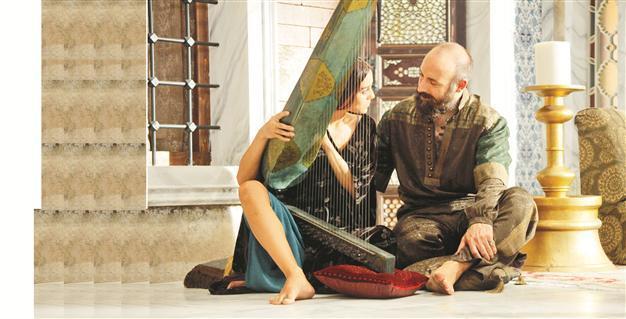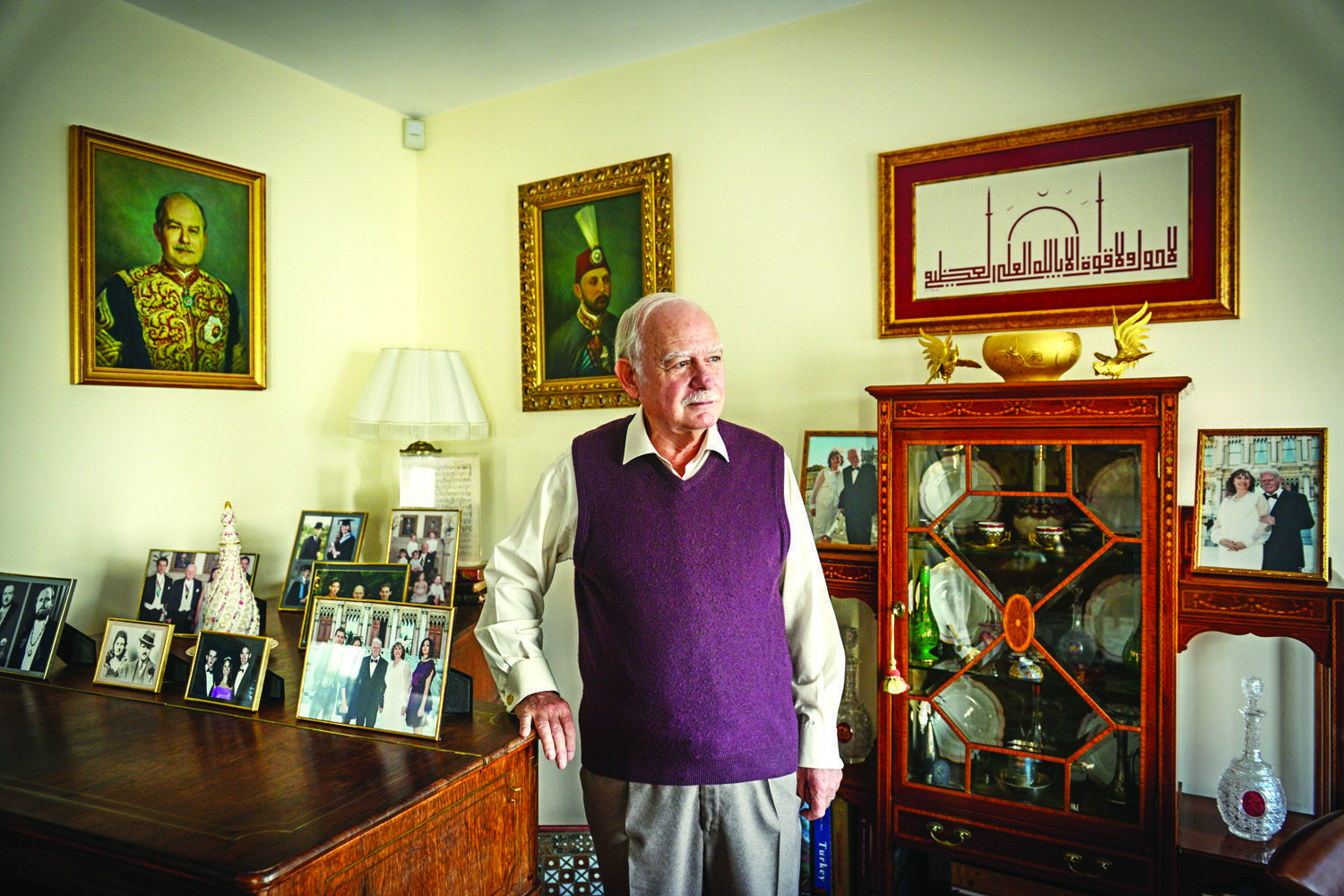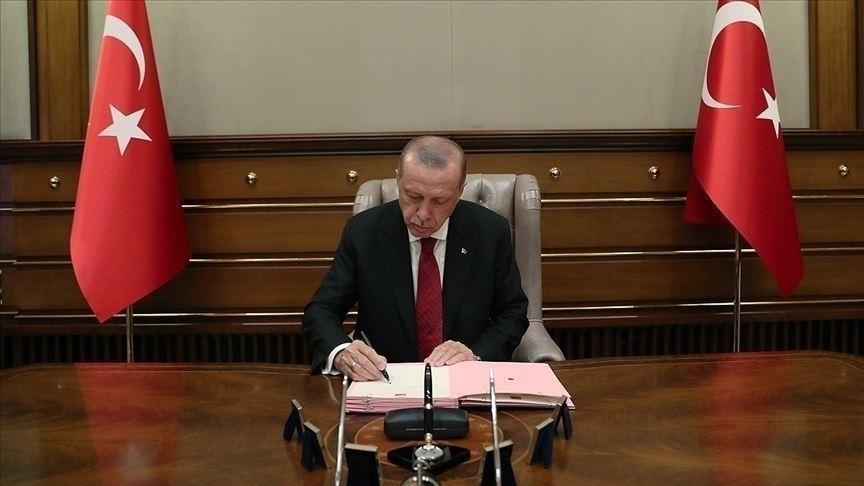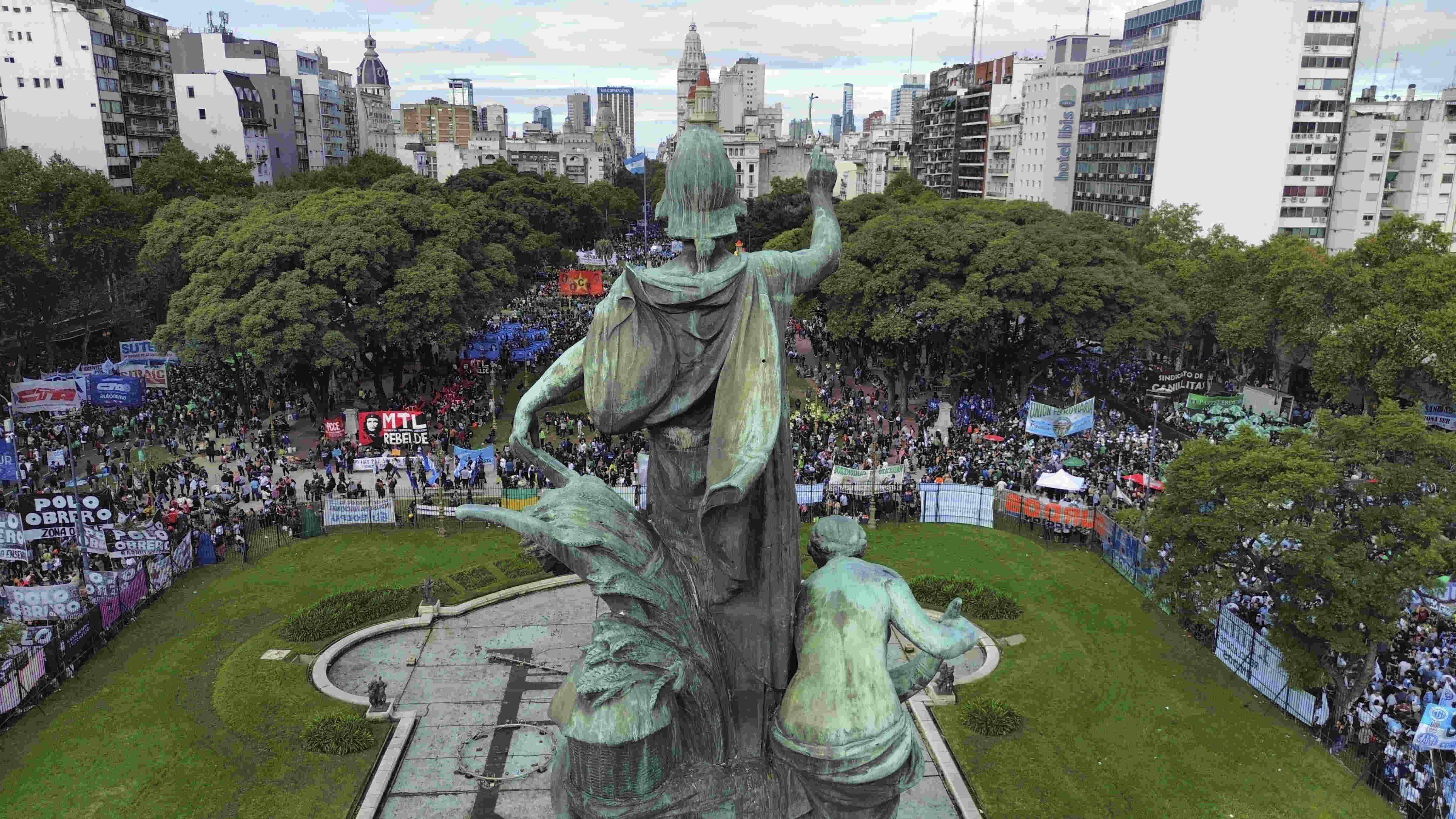‘Last Ottoman’ disputes PM Erdoğan on TV series
ISTANBUL - Hürriyet Daily News

Muhteşem Yüzyıl (Magnificent Century), Hürriyet photo
Prime Minister Recep Tayyip Erdoğan’s recent remarks criticizing a popular television series on the life of an Ottoman sultan have drawn a reaction from one of the last surviving members of the Ottoman dynasty.Osman Selaheddin Osmanoğlu, son of the last Şehzade (prince) in the Ottoman Palace, told the Hürriyet Daily News that even though he did not appreciate the way his ancestors were represented in the highly-rated Turkish soap opera, Muhteşem Yüzyıl (Magnificent Century), which portrays the life of Ottoman Sultan Süleyman the Magnificent, he did not take it seriously as it was only a fictional work.
“I am following the series, but I don’t take it seriously since it is only a soap opera. Still, on the other hand, portraying Süleyman the Magnificent while cutting jewelry or involved in intrigues is not a decent thing,” Osmanoğlu said about the popular series.
 When reminded of Erdoğan’s harsh criticism of the series during his recent speech in Kütahya, Osmanoğlu said: “I didn’t listen to the prime minister’s remarks. However, the prime minister’s ancestors are our grandfathers, as well. Of course, we also don’t appreciate the way our ancestors are represented,” Osmanoğlu said.
When reminded of Erdoğan’s harsh criticism of the series during his recent speech in Kütahya, Osmanoğlu said: “I didn’t listen to the prime minister’s remarks. However, the prime minister’s ancestors are our grandfathers, as well. Of course, we also don’t appreciate the way our ancestors are represented,” Osmanoğlu said. Erdoğan said in his speech on Nov. 25 that the series portrayed “a Süleyman that I don’t know about ... We have alerted the authorities about this and we await a judicial decision on it. Those who toy with these values should be taught a lesson within the premises of law.”
Muhteşem Yüzyıl is a popular T.V. show in Turkey and abroad, which follows the lives of the Ottoman ruler Süleyman and his love Hürrem Sultan. The show focuses particularly on Süleyman’s personal and palace life, portraying characters from the harem as well as from the royal family.
The popularity of Muhteşem Yüzyıl and similar T.V. shows has inspired a renewed interest in the Ottoman Empire in Turkey.
Not only soap operas and films, but also new books written on the empire are arousing a new curiosity. Osmanoğlu’s memoir, “Bir Şehzadenin Hâtırâtı Vatan ve Menfâda Gördüklerim ve İşittiklerim” (Memoires of a Şehzade – What I Saw and Heard at Home and in Exile), which was published by Yapı Kredi Publishing in 2004, is among these titles. There are also plans to translate the book into English.
In the memoir, Osmanoğlu narrates the story of his father Ali Vâsıb Efendi, who was the last Şehzade in the Ottoman Palace. He witnessed the collapse of the Ottoman Empire.
Osmanoğlu said only his mother had read the notes Ali Vâsıb Efendi had taken before his death.
“With the help of Seyit Ali Kahraman from Ottoman archives, the notes written in the Arabic alphabet were transcribed into the Latin alphabet. John Dyson from Cambridge University provided great support for the works,” he said.
Feridun Emecen:
Saying Süleyman the Magnificent spent all his life on a horse is a symbolic approach. He had 13 large expeditions. He traveled and fought between 1521 and 1548. It is not necessary to say 10, 20 or 30 years to define this time. History has already shown that he was on expedition most of the time. In the series, we see a different [sultan] that has nothing to do with the reality. This is only fiction and should be perceived as fiction.
Vahdettin Ergin:
Of course, the real [sultan] and the [sultan] in the series are very different from each other. On the other hand, we do not have enough information on the [court] life of that era. People staying at the [court] are a part of the palace and they are among the servants of the [court]. It is impossible that [the sultan] spent his whole life [plotting] conspiracies. The prime minster said 30, but it was only 10 to 15 years of that [the sultan] spent on horseback at war. We cannot learn history from the series.
Nurhan Atasoy
Süleyman the Magnificent is a sultan that was noted for his military genius only, but he also did exceptional things in terms of culture and the arts. Nobody talks about this side of him, and this is unfair to him. This TV series shows the [court] all the time. Of course, this is not a documentary, but a fiction. But there are many mistakes. It misinforms people.
Cemal Kafadar:
There is no doubt that he had a life both in the [court] and at war. I think that this is an unnecessary discussion. This issue should not be discussed politically because, willingly or unwillingly, the statements of politicians exert pressure on those who will write new books or make TV series about this issue. This discussion should be left for the masters of arts and culture.
Who was Sultan Süleyman?
Süleyman I was the 10th and longest-reigning Emperor, Sultan of the Ottoman Empire, from 1520 to his death in 1566. He is known in the West as Süleyman the Magnificent and in the East, as “The Lawgiver” (Kanuni), for his complete reconstruction of the Ottoman legal system. Süleyman became a prominent monarch of 16th century Europe, presiding over the apex of the Ottoman Empire’s military, political and economic power. He personally led Ottoman armies to conquer the Christian strongholds of Belgrade, Rhodes, and most of Hungary before his conquests was checked at the Siege of Vienna in 1529. Under his rule, the Ottoman fleet dominated the seas from the Mediterranean to the Red Sea and the Persian Gulf. At the helm of an expanding empire, Süleyman personally instituted legislative changes relating to society, education, taxation, and criminal law.
















